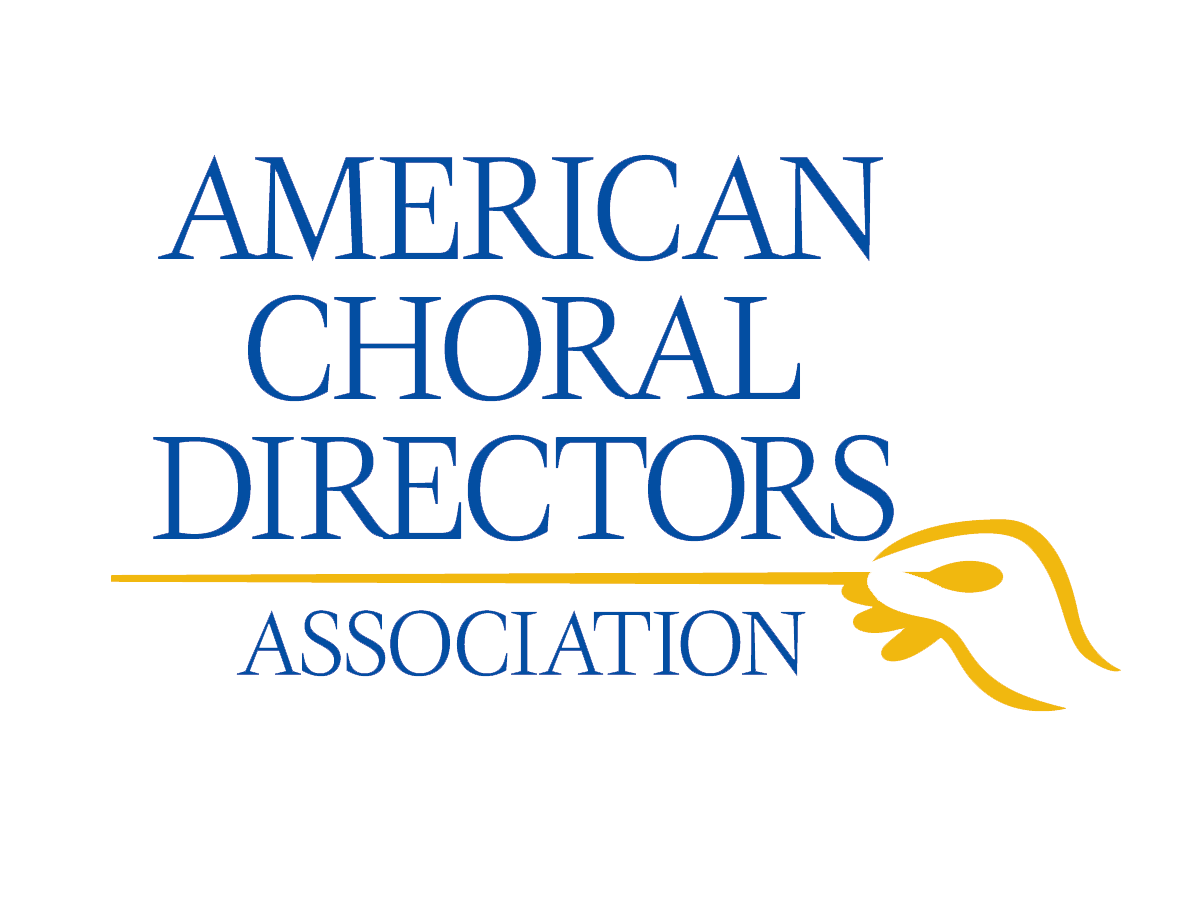Recent efforts toward the expansion of the choral canon have led to an increase in the programming of musics outside of the Western European classical tradition. Despite their vocal nature, some of these musics did not emerge as choral forms, but have had modern choral adaptations throughout their historical transformations. As strides are made in this new direction, we must find ways to honor the full depth of these traditions without diluting their cultural significance, despite our limited resources. This session aims to examine and address the cultural significance of Colombian cumbia, and proposes a pedagogical approach that focuses on engaging participants beyond the score first. Cumbia refers to cultural traditions born in the Caribbean coast of Colombia through a tri-ethnic syncretism of African, Indigenous, and European elements. We will explore and attempt to embody the Black and Indigenous rhythmic components of cumbia through movement and vocal percussion, experience call-and-response singing, and learn “El pescador,” a representative song belonging to the genre. All of this before engaging with musical notation, which is not traditionally part of this musical practice. Following this practical exploration, we will discuss the origins of cumbia, and its transformations as a result of blanqueamiento, or white-washing. Finally, we will discuss the efforts of modern Colombian performers to return to the roots of cumbia and look into a personal case study demonstrating how this is applicable in our own choral spaces. Through experiential learning and discussions around cultural understanding, this session seeks to foster greater appreciation for diverse musical traditions, offering an exciting and transformative approach to music education that expands on traditional Western choral perspectives. The goal is to get to the source of cumbia and honor its richness by engaging with the genre in its original form as closely as possible. Participants will receive all the pedagogical materials presented in the session, and a list of choral repertoire by representative composers and arrangers.



